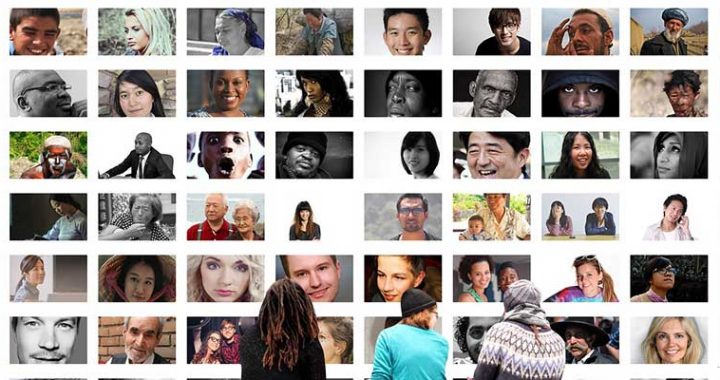August 30, 2020
Do not judge, so that you may not be judged. For with the judgment you make you will be judged, and the measure you give will be the measure you get. Why do you see the speck in your neighbor’s eye but do not notice the log in your own eye? (Matthew 7:1-3)
Over my years at Mancos UMC I have met a few saints who have always shared their learned wisdom with me. One such saint was Lois Darnell who died at the age of 99 a few years back. Lois spent a lot of time in prayer and had a direct line with God, so I tried to pay attention to what she said and how she lived especially when she was walking on water.
One afternoon I walked into Lois’ home and she was sitting in prayer on her couch like normal. “Hey Lois, what are you praying about or reflecting on?” I asked.
“Oh,” she said in her scratchy voice, “I was just thinking about how judgmental I am. I just sit here and judge people all day long.” Lois chuckled, “You’d think at my age I would have learned by now.” She laughed. “I think the reason I’ve lived so long is God is giving me time to get it right.” She laughed again and shook her head.
How judgmental are we? Are we quick to criticize and find fault in others? Are we constantly on someone’s case? Are we always dissatisfied? As Eugene Peter says, “Do we see the smudge on our neighbor’s face but fail to notice the ugly sneer on our own?” A judgmental, critical spirit has a way of boomeranging and it just makes us miserable and everyone around us as well.
Being judgmental comes as natural as breathing I believe. I cannot speak for you, but I don’t even have to think about passing judgment; it just happens. Critical/judgmental thoughts just pop into my head. Where do those thoughts come from? Saint Lois said, “I was just sitting here thinking about how judgmental I am.”
Daniel Kahneman, in his book Thinking Fast and Slow, says, “We snap to judgments and draw conclusions when we would be better served to question our assumptions,” which we take as fact. We assume we know everything.
The old sage Benjamin Franklin said, “The doorstep to the temple of wisdom is knowledge of our own ignorance.” The Apostle Paul cautioned us that “we see through a mirror dimly,” (see 1 Corinthians 13:12). Jesus implores us to “take the log out of our eye first and then take the splinter out of our neighbor’s eye.” Non-judgment requires humility on our part.
But we know what we know.
How often do we make snap judgments? A teenage boy enters a store wearing saggy jeans and a hoodie covering his head? A middle-aged white man drives a big Ford truck with an American flag across the back window? A police officer? A Navajo woman sitting in the park? A house with Tibetan Prayer flags hanging from the front porch? A house with a “Trump/Pence 2020” sign in its front yard? Someone with a Southern accent and a can of Skoal in their back pocket? An African American man kneeling during the playing of the Star-Spangled Banner?
To be fair, judgments can be positive or negative, but they generally serve to separate and divide us and if we judge someone without taking the log out of our own eye, judgment falsely elevates us at someone else’s expense. Or worse, we demonize an entire group or race of people.
Is it possible for us to heal our divisions if we continue to judge and demonize those who are different from us? Those who think differently? Father Greg Boyle says we stand with the demonized until the demonization stops.
“The strategy of Jesus is not centered in taking the right stand on issues, but rather in standing in the right place—with the outcast and those relegated to the margins,” writes Father Greg. And, if we “take the log out of our own eye,” we stand or kneel with humility not arrogance. We stand in peace not violence. We stand in love not hate. We stand in hope not despair. We stand in compassion not judgment.
We have so many things on the table in our community and in our country. We are divided but the Good News is we can change. As people of faith, may we stay open, try to refrain from assumptions, and listen and learn with humility.
May we start taking the logs out of our eyes.
May we recognize that we see in a mirror dimly.
May we judge not.
May we stand in the right place.
May we love who God loves.
May we live in the abundance of God’s grace.
Blessings and peace,
Craig
How can we be more intentional about holding our opinions with humility?

